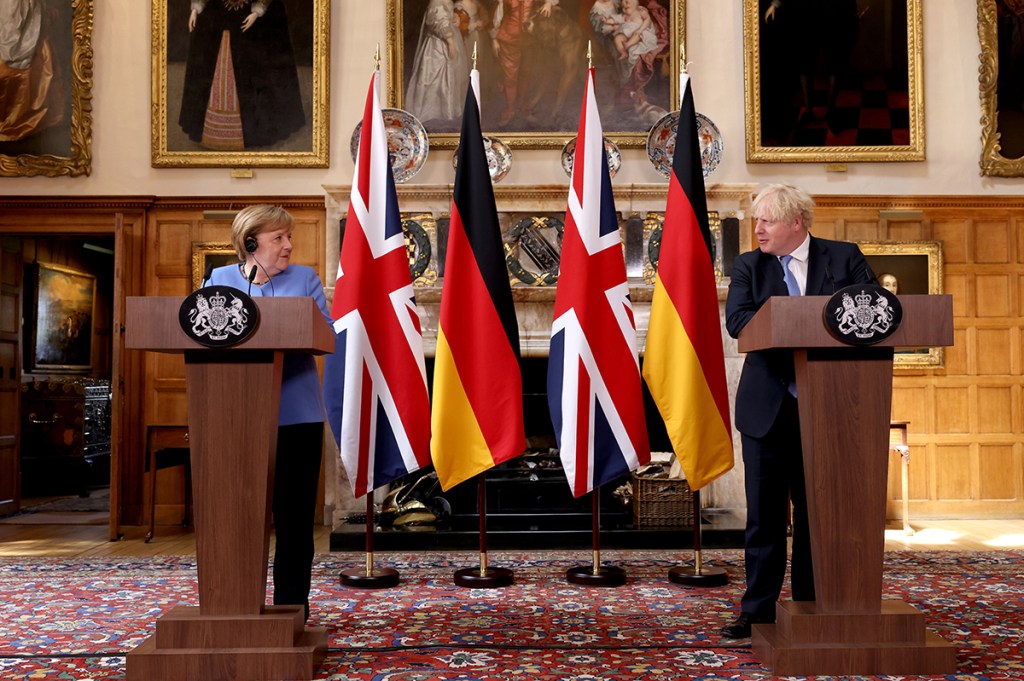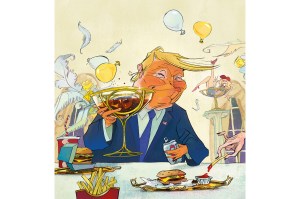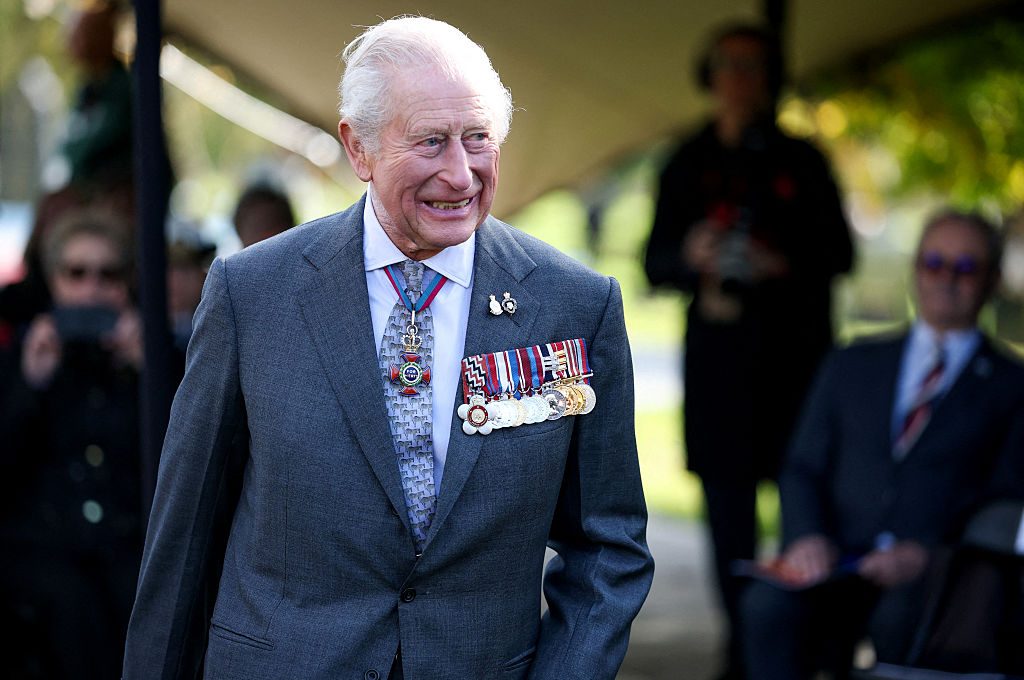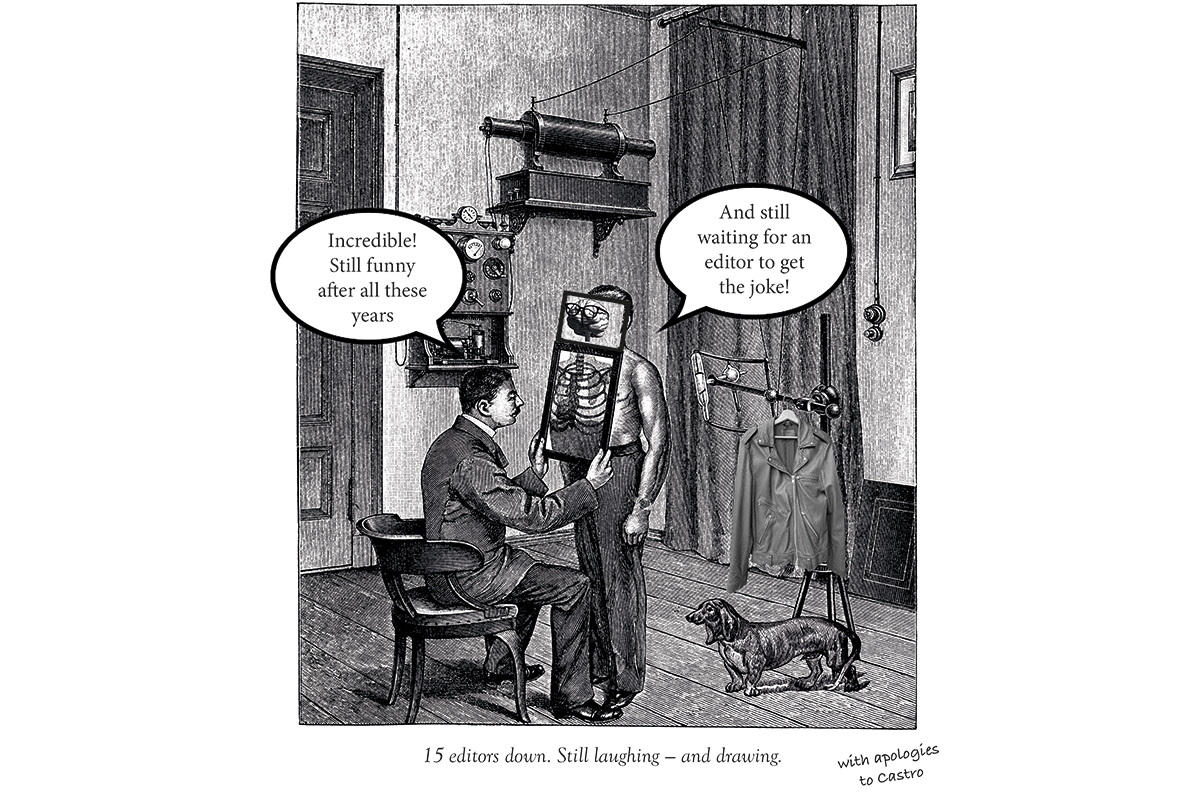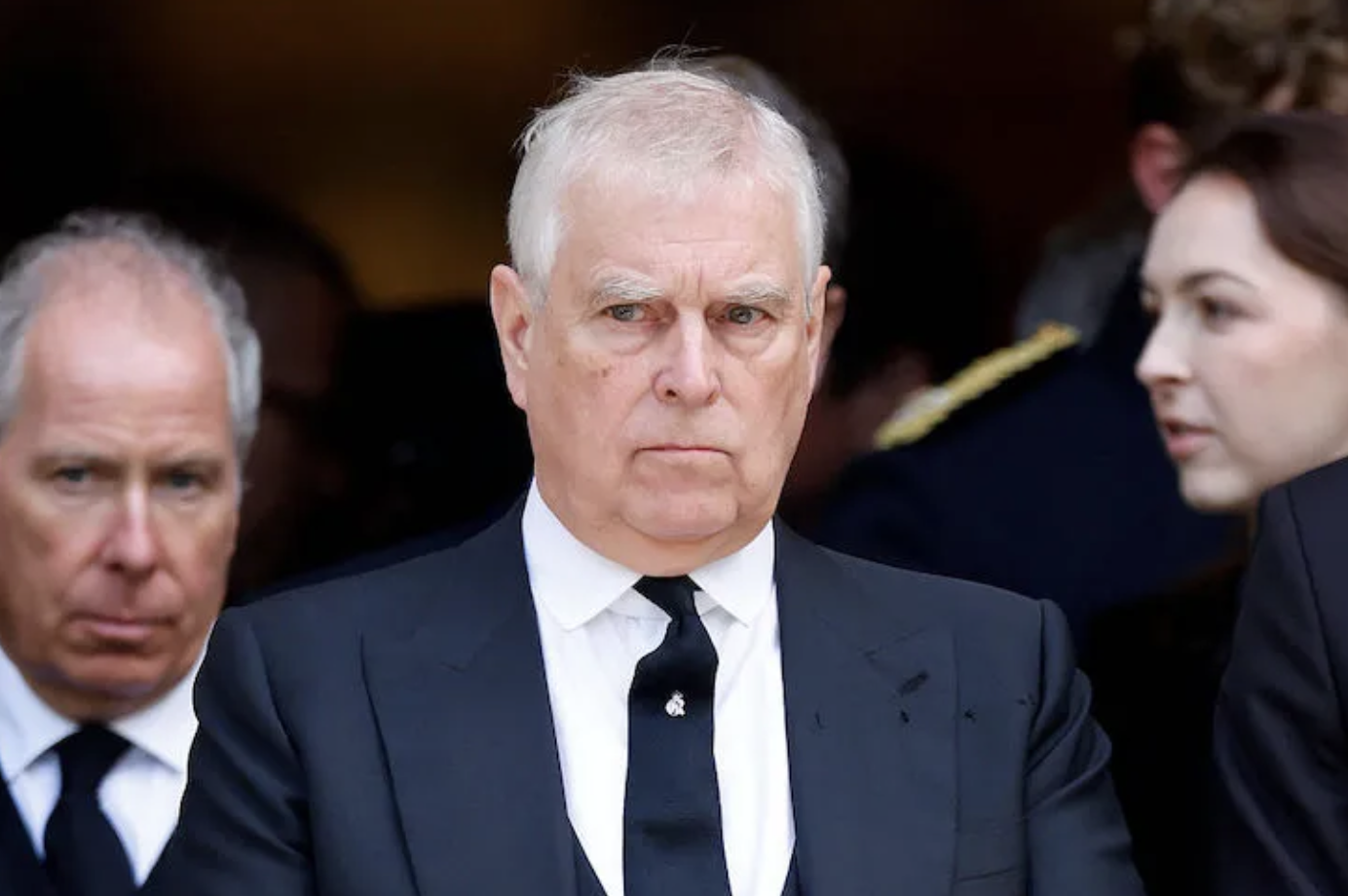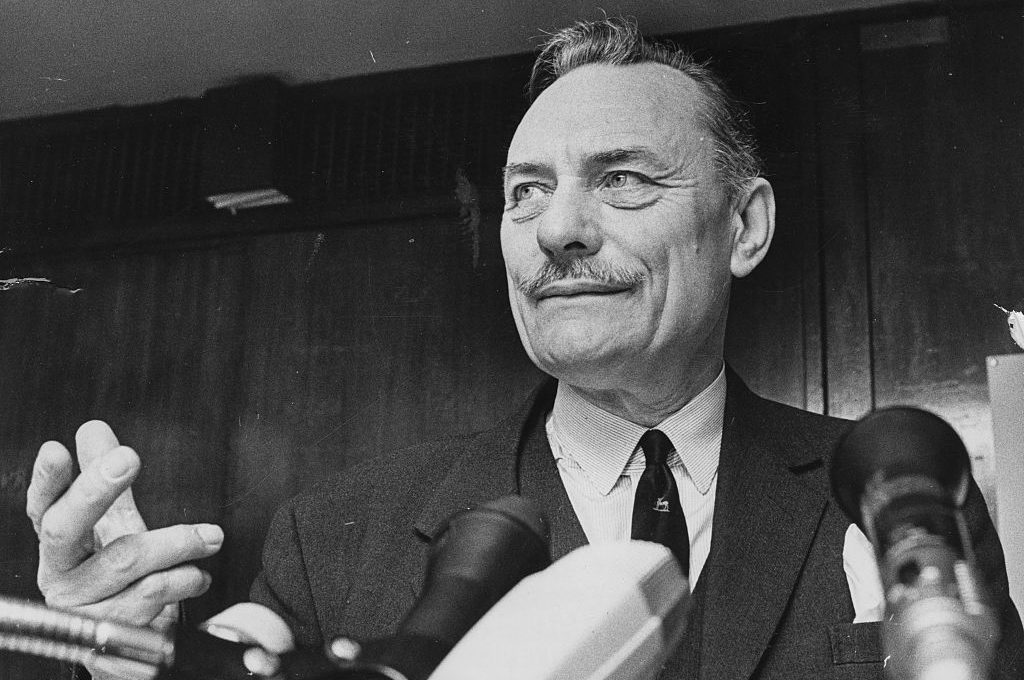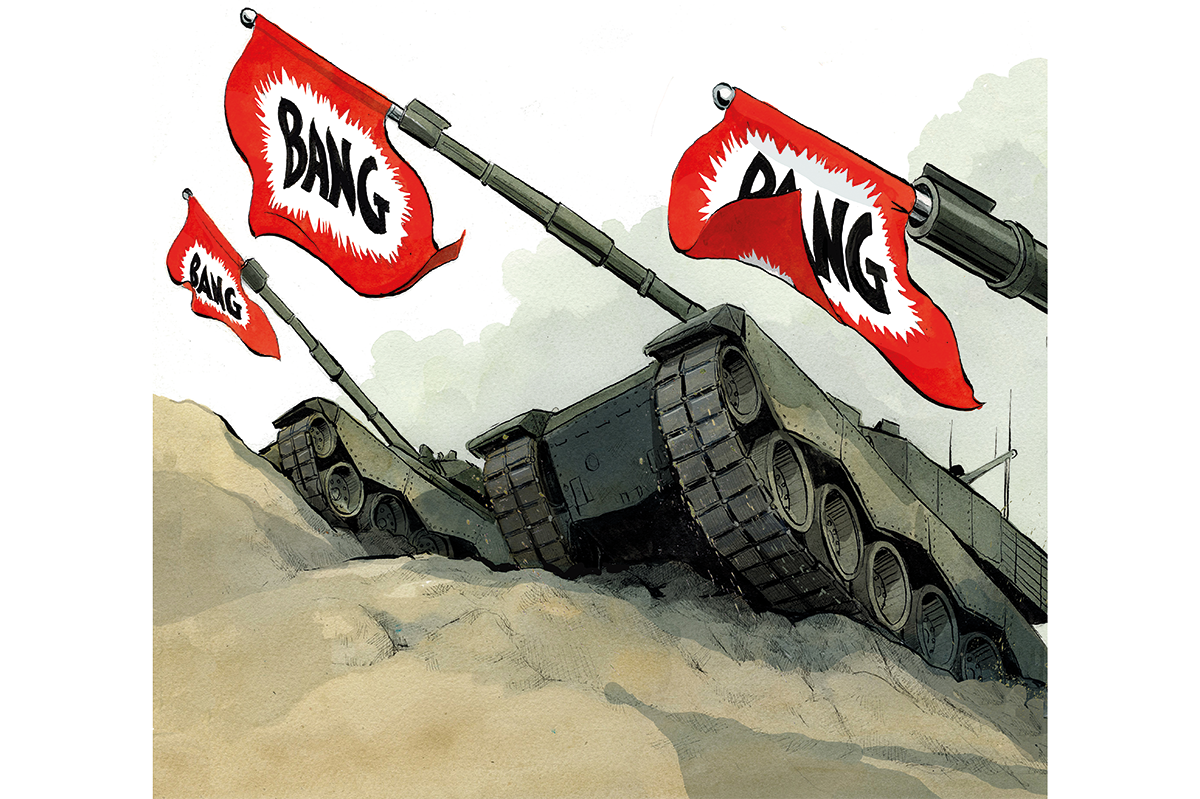Boris Johnson and Angela Merkel have just held a joint press conference following their meeting at Chequers. The usual contrast in styles was on display; Merkel picked her words very cautiously while Johnson made sausages jokes — quipping that the ‘wurst was behind us’ when it came to chilled meats and the Northern Ireland protocol.
On a more substantive level, Merkel expressed concerns about the size of the crowds at the Euro 2020 games; and remember they’ll be even bigger for the semi-final and final at Wembley. But the British prime minister argued that the vaccines and pre-match testing made these pretty safe events.
The Johnson-Merkel relationship has been defined by Brexit. But today’s visit was part of an attempt to try and put UK-German bilateral relations on a better footing. The proposed joint meeting of the UK and German cabinets every year and the new joint declaration is designed to provide a framework for Anglo-German relations in the years ahead.
This is part of a broader British effort to, post-Brexit, develop stronger bilateral ties with European nations. This is a sensible effort, but in reality it will rely on decent relations between the UK and the EU. If the UK-EU dynamic remain fractious, it will be hard to deepen bilateral ties with the EU’s major member states. If London and Brussels are at loggerheads, EU members will be wary about British efforts to encourage nation-to-nation cooperation.
It is easy with Johnson and Merkel to concentrate on the very obvious differences between them. But as I say in the Times of London today, there is actually a certain similarity in their political approaches. Both of them sprawl across the center ground and try and deny their opponents any political space. This method has helped Merkel win four elections in a row.
Merkel has so dominated German and European politics these past 16 years it is hard to imagine what things will be like without her. But for Johnson developing a close relationship with whoever her successor is, most likely Armin Laschet, will be key to both deepening bilateral ties between the UK and Germany and helping to improve relations with the EU.
This article was originally published on The Spectator’s UK website.



